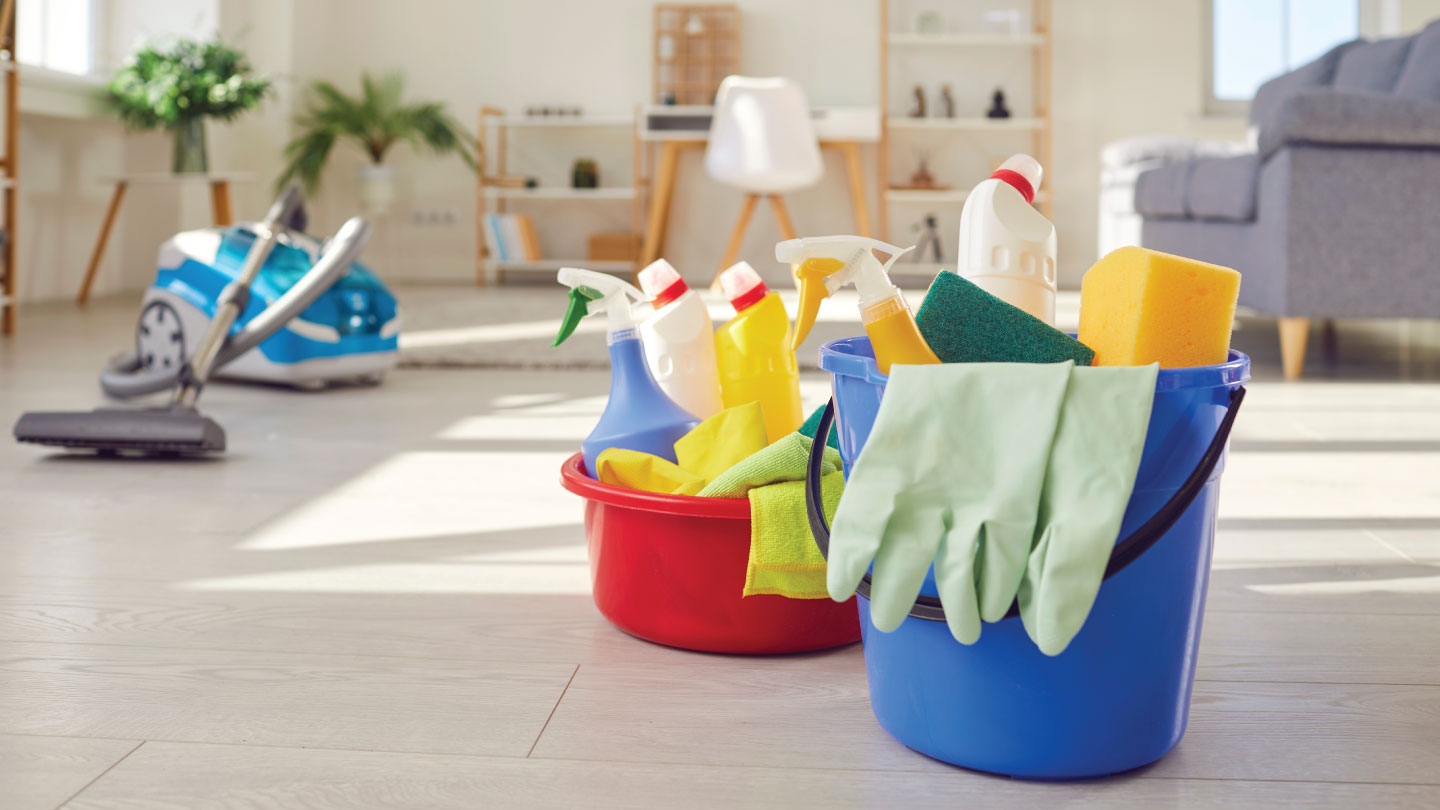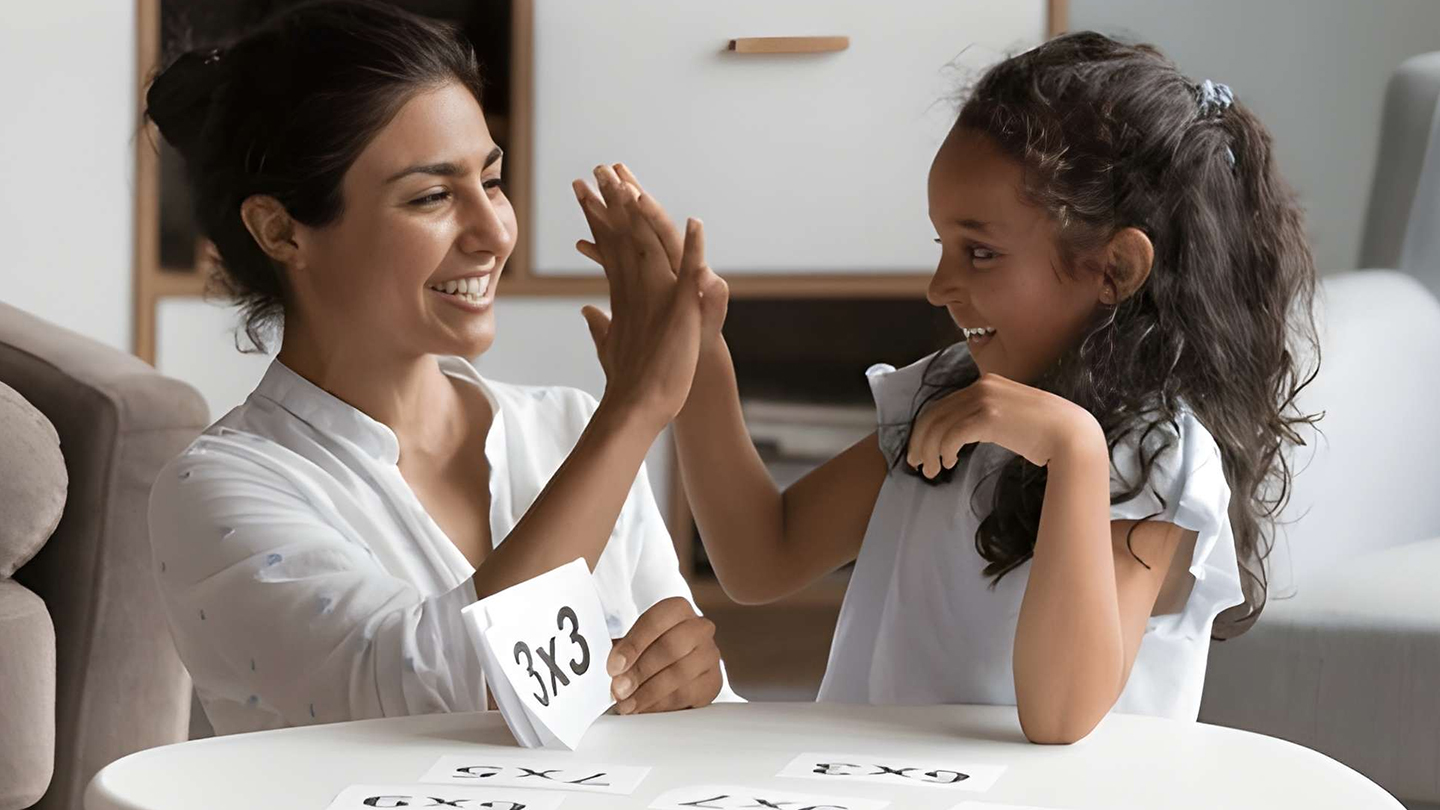Parenting
4 Reasons Your Child Need More Play Dates
Play dates are not just about fun—they’re an investment in your child’s social and emotional development.
.jpg)
As per a 2018 study published by the American Academy of Pediatrics, play dates build many essential skills, including language, executive function, social-emotional skills, problem-solving, collaboration, and creativity. It is beautifully quoted by the philosopher Friedrich Schiller, "In play, a child is always above his average age, above his daily behaviour; in play, it is as though he were a head taller than himself."
The idea of play dates might seem a bit strange to those of us who grew up in a time when kids were simply sent outside to play with neighbourhood friends or siblings. Back then, there were no scheduled play sessions or adult-organised meetups; we just played, often without much supervision, and connected naturally with others around us. Parents didn’t drive us to far-off play dates or set up playgroups; we made friends with the kids down the street and figured things out on our own. When we look at how things have changed, it can feel like something’s been lost. But in reality, play dates have emerged as a response to our growing awareness of how important it is for children to develop strong social connections. Today, parents are more attuned to their kids' emotional and social needs, and play dates offer a purposeful way to nurture those bonds.
Need all your wellness solutions in one place? A whole new world awaits just a click away.
Play is no longer a tool to pass the time—it’s understood to be central to a child’s development. Through play, children discover the world around them, build their physical skills, stretch their cognitive abilities, and most importantly, learn how to interact with others. When left to their own devices in unstructured play, kids are able to create entire worlds with nothing but their imaginations, free from limitations.
Related story: This Mindset Can Reduce Stress And Help Raise Smarter Kids
4 Ways Play Dates Help In Your Child’s Growth
Emotional learning
During play, children often encounter situations that require them to manage their feelings, whether it's dealing with disappointment after losing a game or learning how to cope when a friend takes a toy they were using. These experiences help kids recognise and label their emotions—such as frustration, joy, or sadness—and start to understand how others might feel in similar situations. Over time, these interactions build their emotional resilience, allowing them to handle challenges with more patience and understanding. Additionally, play dates encourage the practice of empathy, as children learn to consider others' feelings and perspectives, which helps foster better communication and deeper connections with their peers.
Beyond simply managing emotions, play dates also provide a space where children can practice expressing themselves in a healthy, constructive way. They may learn how to assert their needs politely, ask for help when needed, or apologise when they’ve hurt someone’s feelings. The trial-and-error nature of play, with its ups and downs, equips kids with the tools they need to navigate real-life social interactions.
Related Story: How To Encourage Your Child To Be Active?
Exposure to Different Perspectives
Playdates introduce children to the idea that everyone sees the world a little differently. When children engage with peers from diverse backgrounds, they encounter various customs, preferences, and ways of thinking that may not be part of their daily experience. These interactions broaden a child's understanding of the world beyond their own family or community. For example, a child may learn new games or hear different ideas on how to solve a problem, which teaches them flexibility and adaptability. This exposure helps children to appreciate diversity and become more open-minded as they grow older, recognising that there isn’t just one way to think or behave in the world.
Additionally, play dates give children the opportunity to practice skills like conflict resolution and negotiation. When two children have differing ideas on how to play, they learn to compromise, share leadership, or find creative solutions that accommodate both parties. These skills are crucial as they grow and enter more complex social environments, whether at school or in future friendships.
Related Story: Teaching Kids To Label Their Feelings
Social Skills Development
Truly unstructured play creates a unique space for children to interact in ways that go beyond the rules and structure of school or organised activities. Without adult guidance or a set agenda, kids are free to explore their own ideas, make their own decisions, and work together to figure things out. This freedom fosters autonomy, giving children the chance to practice essential social skills, like reading body language or understanding how someone else might feel in a given situation.
Whether it’s deciding what game to play or figuring out how to take turns, kids are constantly making choices that require them to consider others’ perspectives and adjust their own actions accordingly. These seemingly small moments of negotiation and cooperation help children develop a natural sense of social competence.
In free play, children are given the freedom to invent their own rules and create games from scratch, which sparks their creativity and problem-solving skills. They often need to think on their feet—whether it's figuring out how to make a game more fun, adjusting the rules as the play unfolds, or resolving unexpected challenges. This kind of open-ended play encourages kids to be resourceful and flexible, as they experiment with new ideas and learn to adapt to the flow of the moment.
Alongside this, free play teaches them the vital social skills of reading peers, and understanding unspoken cues. Over time, these everyday challenges teach them how to shift gears, adjust their expectations, and come back together after a disagreement.
Related Story: 20 Phrases Your Child Wants To Hear
Academic Progress
During pretend play, children often engage in activities that naturally involve counting, sorting, and classifying. For example, when they set up a pretend store, they might "sell" items, use play money, and practice basic math concepts like addition and subtraction. Similarly, while playing with blocks or sorting toys, kids are categorising objects by size, colour, or shape, which builds their understanding of mathematical concepts like patterns and classification. These activities not only make learning feel fun, but they also help children internalise foundational cognitive skills that they’ll use in the classroom.
Storytelling and role-playing during free play also provide rich opportunities for language development. Whether they’re acting out a scene with friends or creating imaginary worlds, children are constantly practicing vocabulary, sentence structure, and narrative skills. They learn how to express themselves clearly, ask questions, and explain ideas, which enhances their communication abilities. In fact, storytelling is a critical part of early literacy, as it encourages children to think critically about story structure, characters, and plots.
Related Story: Working Parents Guide: How To Develop Good Habits In Your Child
How to Organise Play Dates?
- Reach out to other parents in your community. You can do this through your child's school, local playgroups, or even just chatting with other parents at the playground.
- Plan the play date. Decide on a date, time, and activity, such as a play date at the park, at your home, or at a fun indoor activity centre.
- Make it inclusive. Invite siblings or other friends of your child to join in the fun.
- Set some ground rules. Make sure the children know the rules, such as no hitting, kicking, or sharing germs.
- Communicate with the other parent. Make sure you are aware of any allergies, behaviour issues, or anything else that might impact your child during the play date.
- Encourage turn-taking and sharing. Remind the children to share their toys and take turns while playing.
Related Story: Building Good Habits in Kids - How to Give Back During Holidays
How to Tackle Discord At a Playdate?
You can expect disagreement as kids are new to this world of social interaction, especially when they’re still learning how to share, take turns, or resolve differences. First, it's important to stay calm. Children often look to adults for cues on how to react, so showing patience and understanding can set the tone for the situation. Start by giving the kids a moment to cool down, especially if emotions are running high. It’s tempting to step in immediately, but sometimes just giving them a bit of space helps them regain control over their feelings.
Once things have settled a bit, gently guide them through what happened. Ask each child to explain their side of the story in their own words. This not only helps them feel heard but also encourages them to listen to the other person's perspective. Depending on the situation, you might offer suggestions on how they could solve the problem—like taking turns, compromising, or finding a way to play together that works for both. If the disagreement involves a toy or a specific game, encourage them to think of solutions that allow everyone to participate or share. Finally, remind them that it’s okay to make mistakes and that apologising and forgiving each other is a part of being a good friend.
Related story: Teach Your Kids This About Body Safety And Abuse Awareness
Need all your wellness solutions in one place? A whole new world awaits just a click away.
EXPLORE MORE
From partners to parents to friendships, phubbing is disrupting relationships everywhere. Learn more about it and how to reorient yourself.
From acidity to poor sleep, here are safe fixes that fit easily into everyday routines.
Smart cleaning tips to keep in mind so those with asthma or allergies can breathe easier.
We’re told to encourage our kids, but could “amazing!” and “perfect!” actually fuel self-doubt? And is there a better alternative to encourage children?








